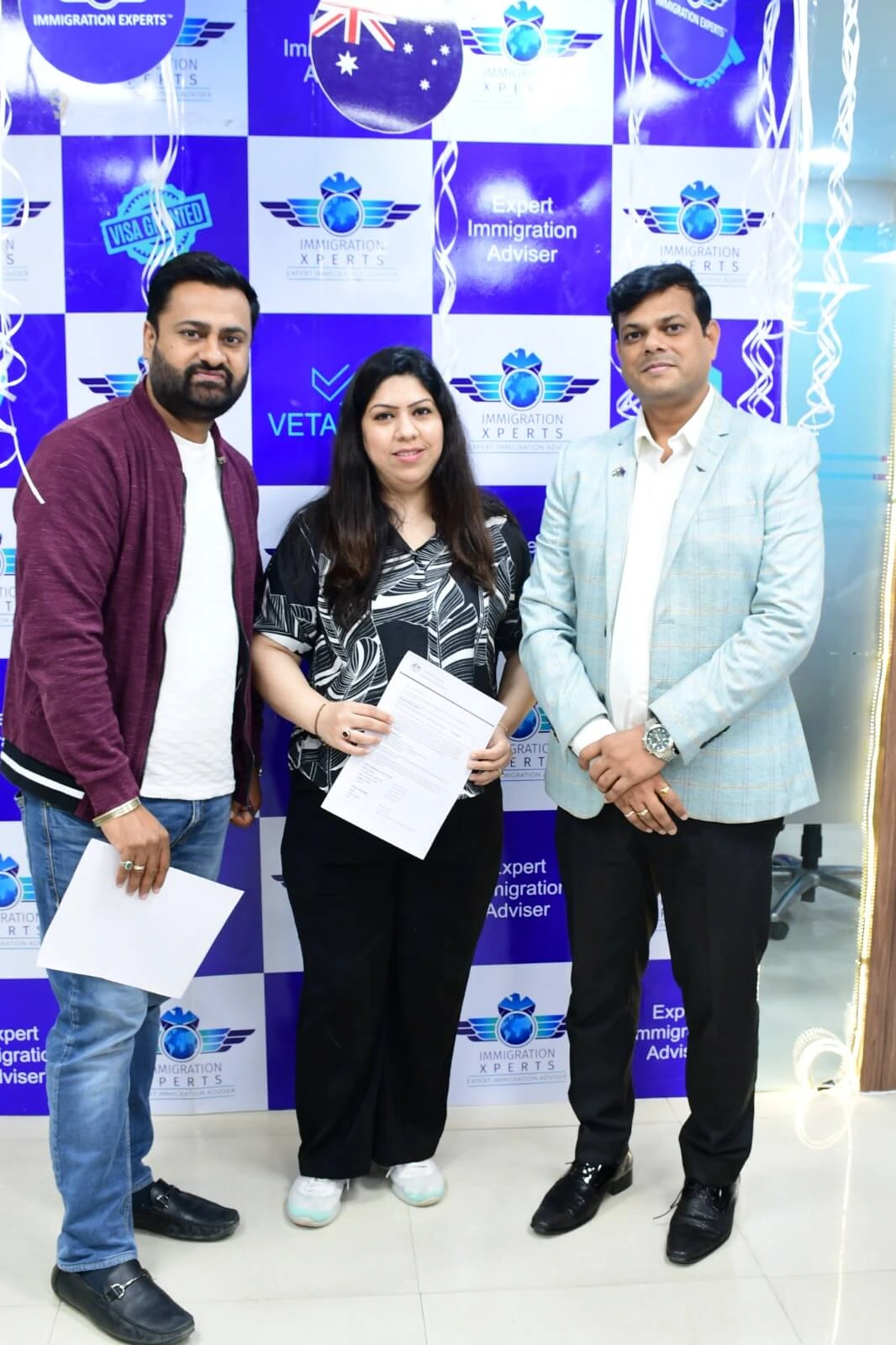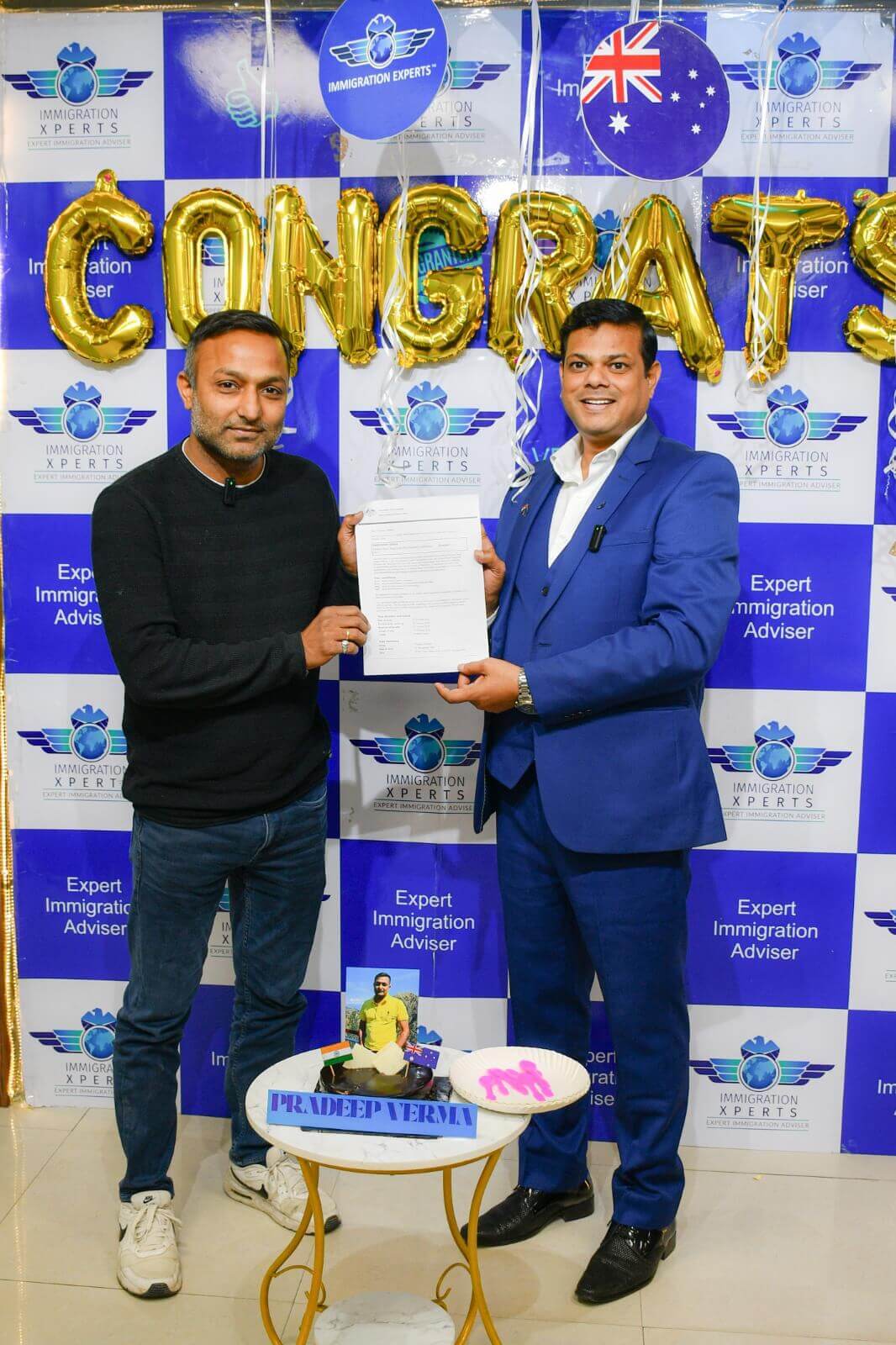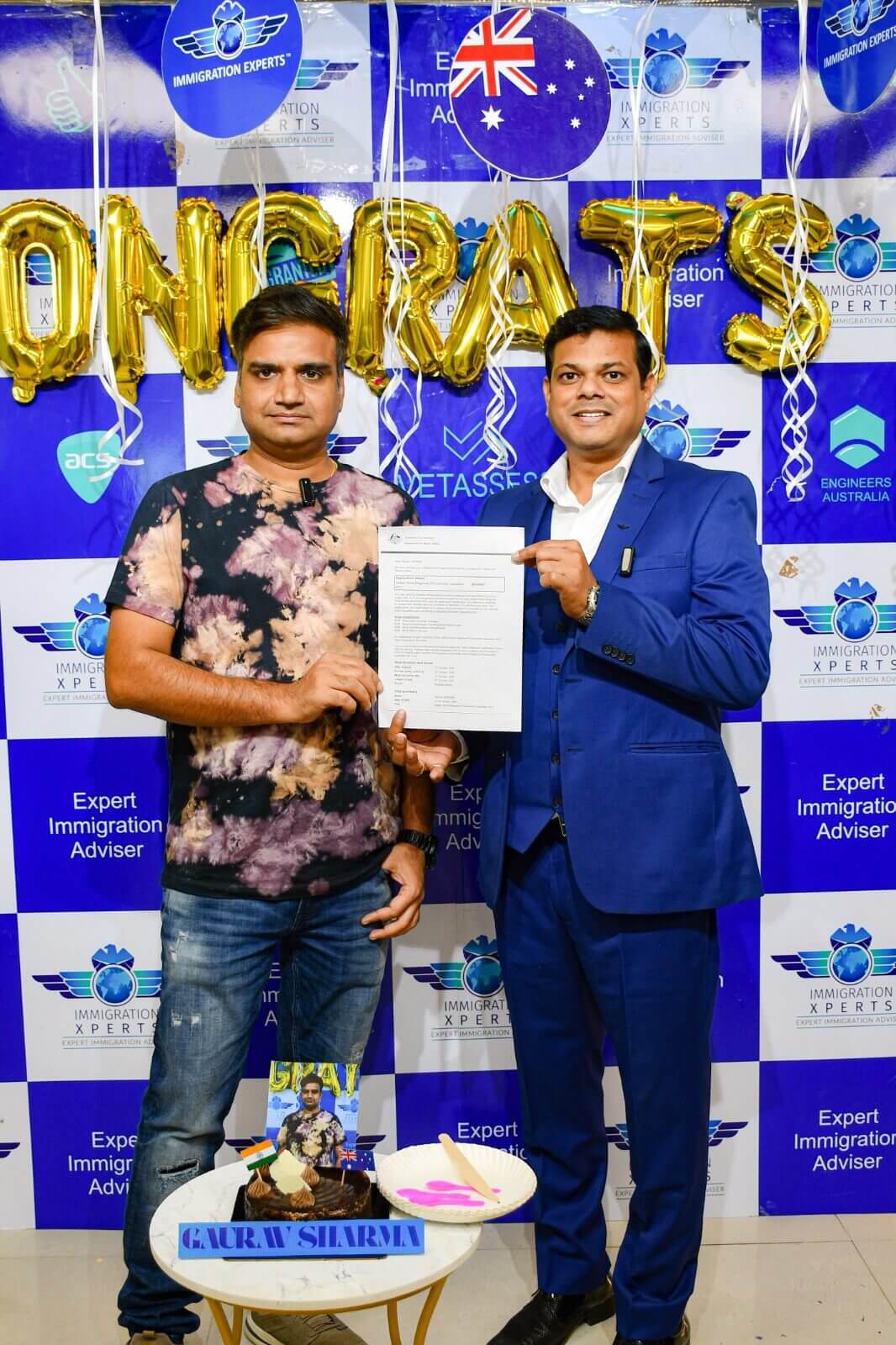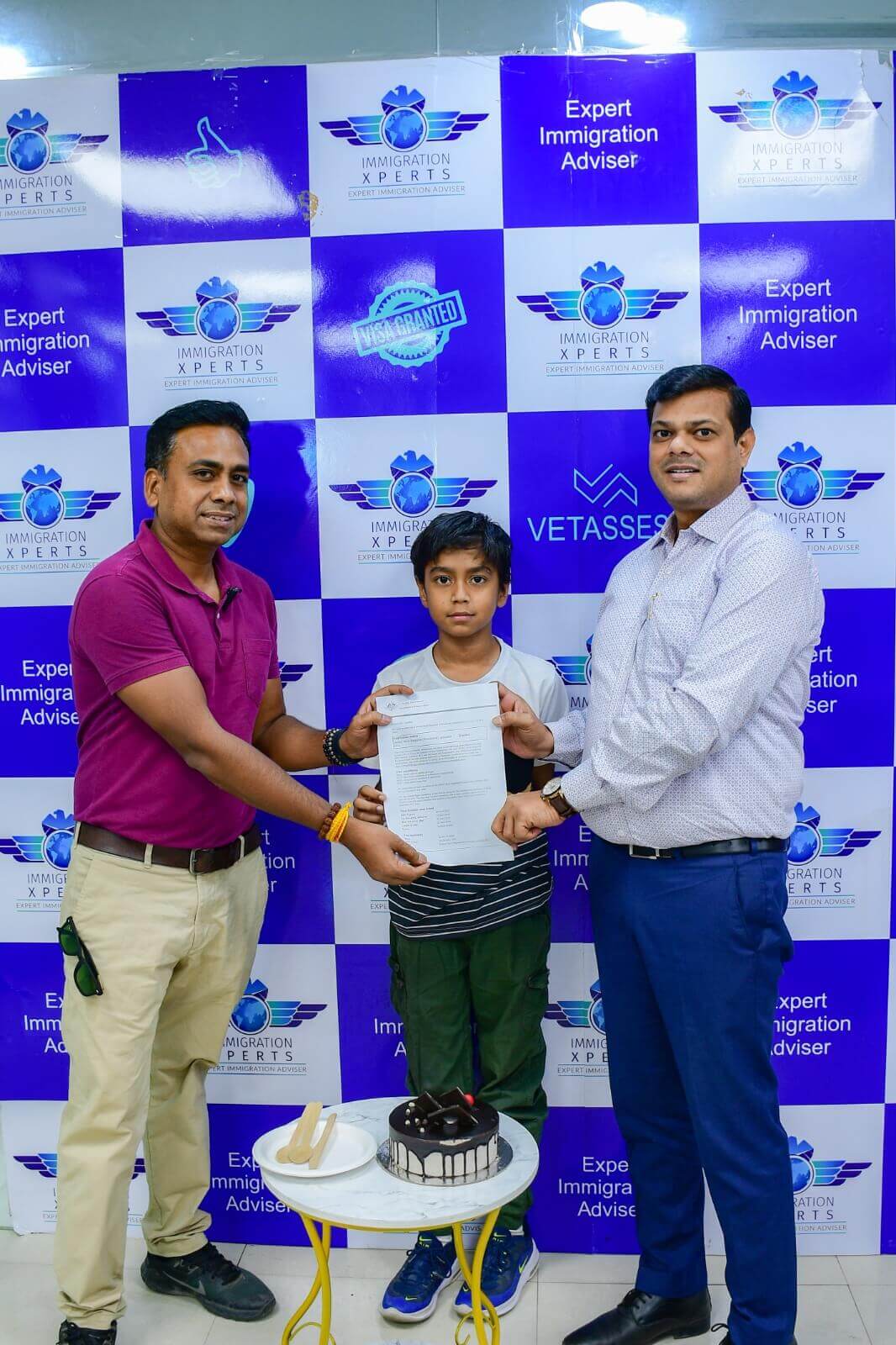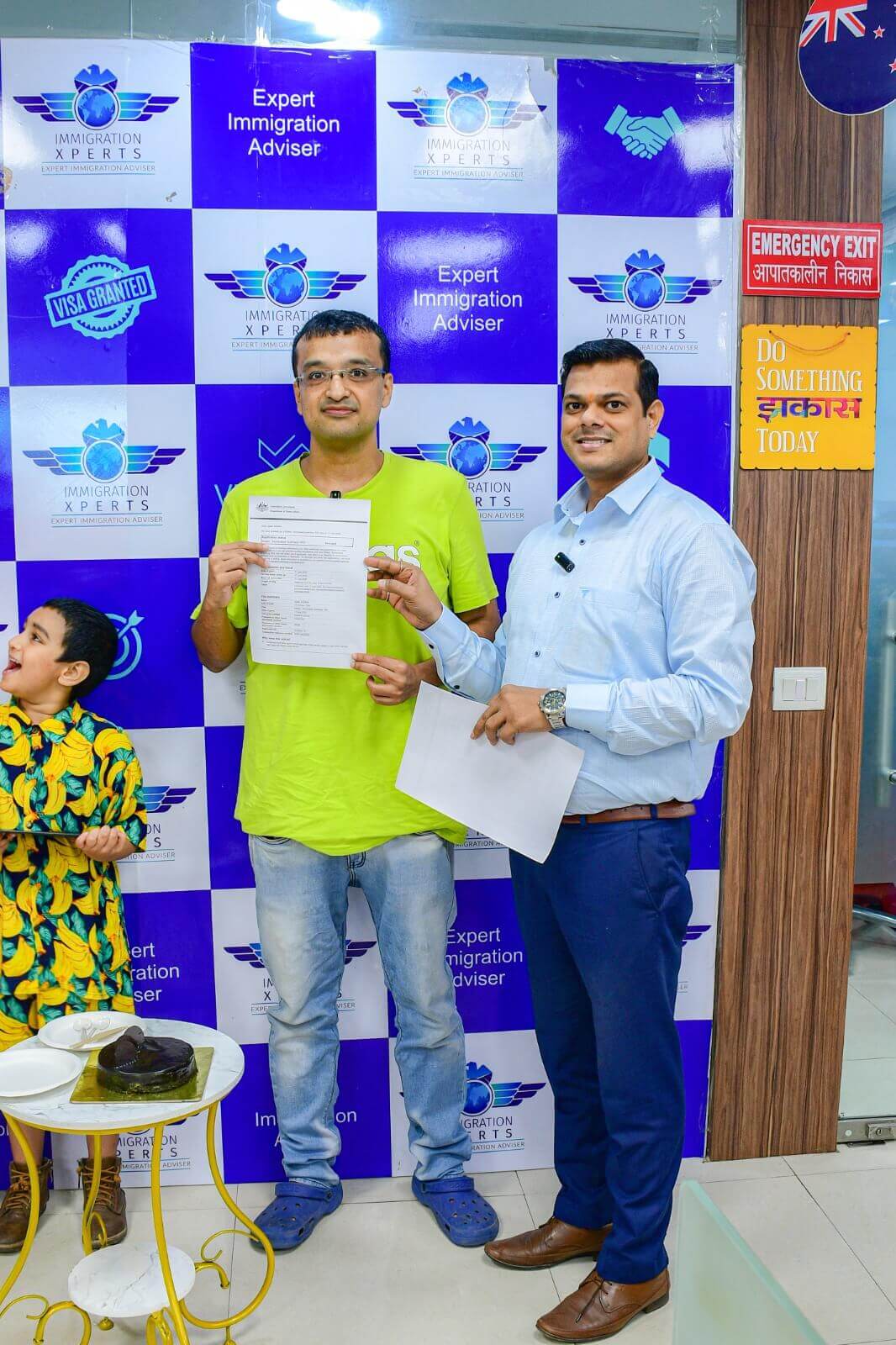What Is the Average Salary in Australia in 2025?
The average salary in Australia per month or year varies across industries, experience, qualifications, and locations. According to the latest data from the Australian Bureau of Statistics (ABS), the average full-time annual salary in Australia in 2025 is AUD 98,500, or around AUD 8,200 per month.
The minimum wage in Australia as of July 2025 is AUD 24.10 per hour, one of the highest globally. Salaries typically range between AUD 55,000 to AUD 160,000 per year, depending on profession and location.
The median salary — the midpoint where half earn less and half earn more — is AUD 83,000 per year. Major cities like Sydney, Melbourne, and Perth offer higher pay compared to regional areas due to higher living costs and demand for skilled professionals.
Average Salary in Different Australian States (2025)
Salaries differ across Australian states due to varying demand, cost of living, and local industries. The following table highlights average annual salaries by state:
| STATE / TERRITORY | AVERAGE SALARY (per year) |
|---|---|
| New South Wales (Sydney) | AUD 102,200 |
| Victoria (Melbourne) | AUD 97,400 |
| Queensland (Brisbane) | AUD 91,600 |
| Western Australia (Perth) | AUD 101,300 |
| South Australia (Adelaide) | AUD 88,200 |
| Tasmania | AUD 83,100 |
| Northern Territory | AUD 94,000 |
| Australian Capital Territory (Canberra) | AUD 108,900 |
Canberra and Sydney remain the highest-paying cities in 2025, mainly due to government, technology, and finance-related roles.
Average Salary in Different Job Sectors (2025)
| JOB SECTOR | AVERAGE SALARY (per year) |
|---|---|
| Mining & Energy | AUD 145,000 |
| Engineering & Construction | AUD 112,800 |
| Information Technology (IT) | AUD 115,400 |
| Healthcare & Medical | AUD 109,600 |
| Finance & Accounting | AUD 105,800 |
| Education & Training | AUD 89,500 |
| Legal & Compliance | AUD 122,900 |
| Sales & Marketing | AUD 97,300 |
| Transport & Logistics | AUD 88,900 |
| Hospitality & Tourism | AUD 68,200 |
| Retail & Customer Service | AUD 62,100 |
Australia's mining, energy, and healthcare sectors continue to dominate in salary growth, while IT and engineering remain among the most in-demand fields for Indian professionals.
Top Industries with the Most Growth in 2025
Australia’s economy has shown strong recovery and growth in 2025, particularly across industries that rely heavily on skilled migration. The fastest-growing sectors this year include:
- Healthcare and Aged Care: +4.8% growth
- Construction and Infrastructure: +3.2% growth
- Information Technology: +2.9% growth
- Engineering Services: +2.6% growth
- Mining and Resources: +2.5% growth
- Education and Training: +2.1% growth
- Financial Services: +1.9% growth
These sectors are also actively sponsoring foreign talent under Australia's Skilled Migration Program — making them ideal for skilled workers from India.
Highest Paying Jobs in Australia (2025)
Here are the top 20 highest paying jobs in Australia in 2025, based on average annual salaries:
| JOB TITLE | AVERAGE SALARY (per year) |
|---|---|
| Neurosurgeon | AUD 420,000 |
| Anesthetist | AUD 390,000 |
| Surgeon (General/Orthopedic) | AUD 370,000 |
| Psychiatrist | AUD 320,000 |
| Mining Engineer | AUD 205,000 |
| IT Director | AUD 195,000 |
| Engineering Manager | AUD 185,000 |
| Financial Dealer / Investment Manager | AUD 180,000 |
| Software Architect | AUD 175,000 |
| General Practitioner (GP) | AUD 170,000 |
| Construction Project Manager | AUD 165,000 |
| Legal Partner | AUD 160,000 |
| Data Scientist | AUD 155,000 |
| Cybersecurity Manager | AUD 150,000 |
| Petroleum Engineer | AUD 148,000 |
| Civil Engineer | AUD 130,000 |
| Mechanical Engineer | AUD 125,000 |
| Marketing Director | AUD 122,000 |
| Registered Nurse (Specialized) | AUD 118,000 |
| Accountant / Finance Manager | AUD 110,000 |
Medical specialists, engineers, and IT professionals consistently rank among the most lucrative career paths in Australia.
How Much Can Indians Earn in Australia?
Indian professionals migrating to Australia under skilled visas (Subclass 189, 190, or 482) can expect an average annual salary between AUD 90,000 – AUD 120,000, depending on skills, experience, and location.
For example:
- Software Engineers earn between AUD 100,000 – 130,000
- Registered Nurses earn between AUD 85,000 – 115,000
- Civil Engineers earn around AUD 95,000 – 125,000
- Accountants and Auditors earn around AUD 90,000 – 110,000
With increasing demand for skilled professionals, salaries for migrants are projected to rise further by 2026.
Why Australia Is a Top Choice for Indian Professionals
- High minimum wages and excellent living standards
- Strong demand for skilled migrants in multiple sectors
- Transparent work rights and visa pathways
- Opportunity to apply for Australia PR after gaining local experience
- Multicultural work environment
Australia’s Skilled Occupation List (SOL) continues to attract thousands of Indian applicants every year — making it one of the best destinations to build a global career.
Ready to Land the Highest Paying Job in Australia?
Increase your chances of working in Australia with expert visa assistance.Get a FREE Points-Based Assessment to check your eligibility for an Australian Skilled Visa in less than 60 seconds!
How to Apply for Job in Australia From India?
Applying for an immigration or work/study visa can seem complex, but with the right guidance, it becomes straightforward. Follow these simple steps to start your journey:
Step 1: Profile Assessment
- Share your personal, educational, and professional details with our consultants.
- We evaluate your eligibility for the desired visa category.
- This helps identify the best pathways for success.
Step 2: Document Preparation
- Gather all required documents such as passport, educational certificates, work experience letters, and language proficiency scores.
- Our team reviews and verifies your documents to ensure they meet immigration standards.
Step 3: Application Submission
- Complete the visa application with guidance from our experts.
- We handle the forms, attachments, and submissions to reduce errors and processing delays.
Step 4: Follow-up & Updates
- Track your application progress with our regular updates.
- We communicate any additional requirements or queries from immigration authorities.
Step 5: Visa Approval & Post-Landing Support
- Once approved, we provide guidance for travel, accommodation, and settling in your destination country.
- Our team continues to assist with post-landing formalities to ensure a smooth transition.
Why Choose Apical Immigration Experts
Choosing Apical Immigration Experts means partnering with a team that values your dreams and delivers results. We simplify every step of your immigration journey with expert advice and end-to-end assistance.
Key Reasons to Choose Us:
- Experienced consultants with global immigration knowledge
- Tailored solutions based on your profile and goals
- Transparent process with honest guidance
- Comprehensive services from consultation to post-landing support
- Proven track record of successful visa approvals
FAQs – Find the Highest Paying Job in Australia
The easiest way is through skilled migration visas like Subclass 189, 190, or 482. Eligibility depends on age, education, work experience, and English proficiency. A professional assessment can help identify the best visa pathway.
Salaries vary by industry, experience, and location. On average, skilled migrants earn AUD 90,000 – 120,000 per year, with higher pay in IT, healthcare, engineering, and mining sectors.
Processing time depends on the visa category and your profile. Skilled visas usually take 9–18 months, while employer-sponsored visas may be faster. Proper documentation and professional guidance can reduce delays.
Yes, most skilled visas require IELTS, PTE, or TOEFL scores. The minimum requirement is generally CLB 7 or equivalent, depending on the visa and occupation. Higher scores can improve your points and chances of approval.
Yes, most skilled visas allow you to include your spouse/partner and dependent children. They can live, study, and sometimes work in Australia during your visa period.
